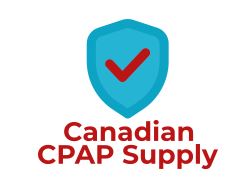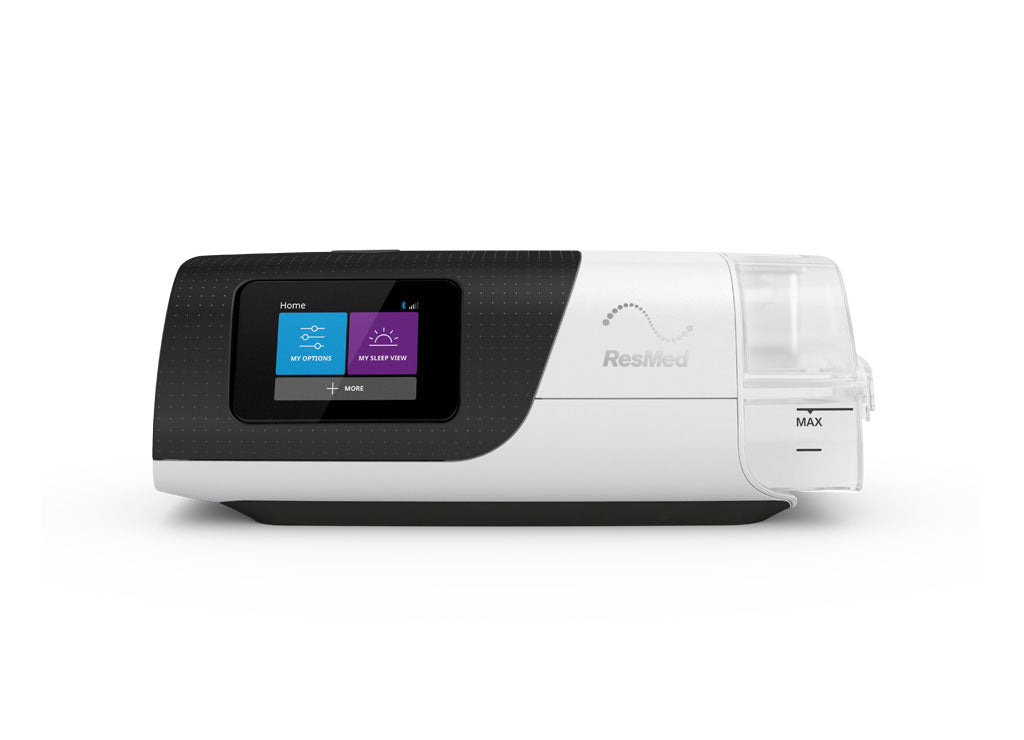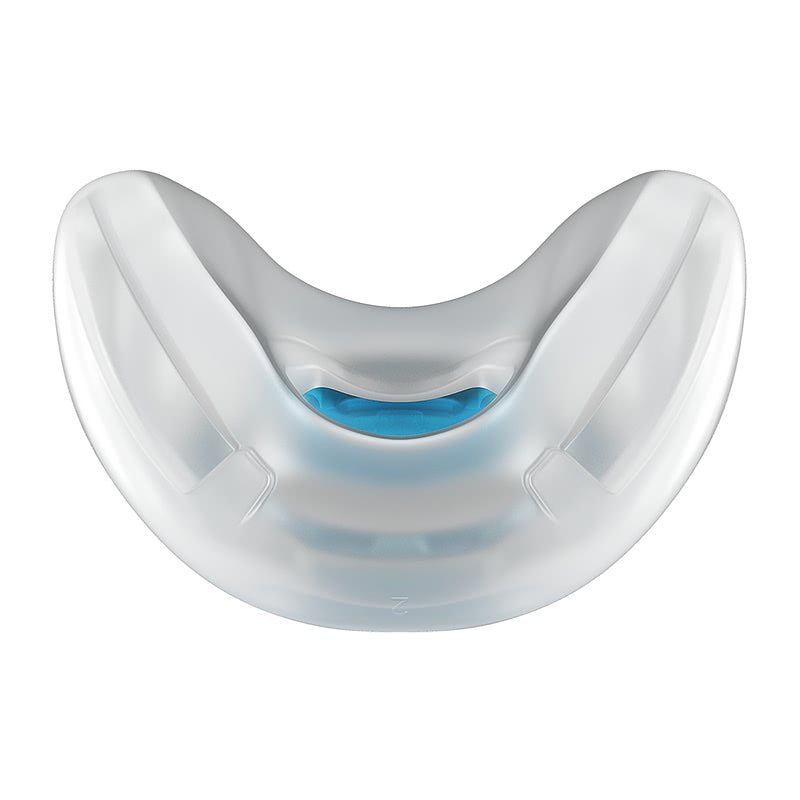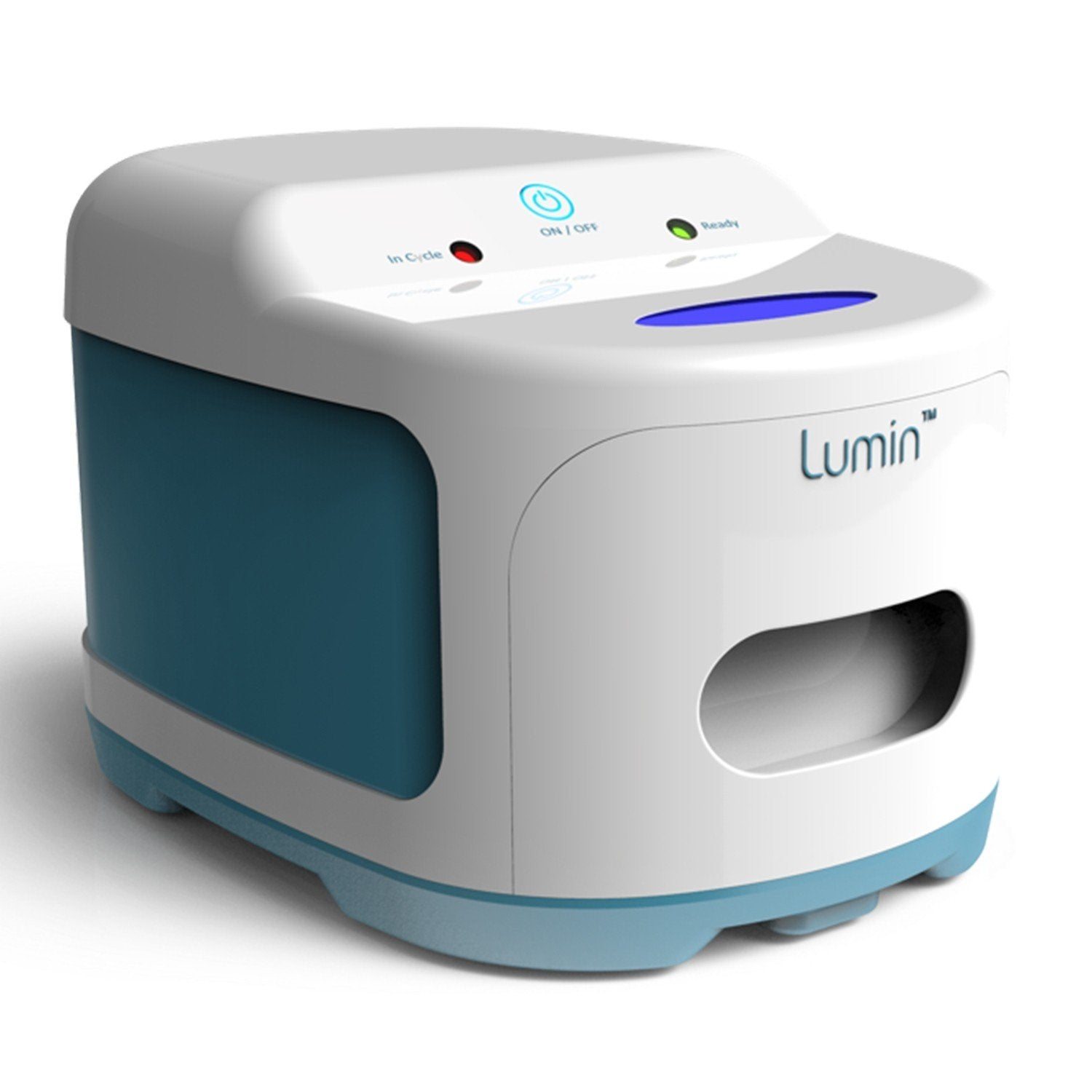Sleep Apnea May Be Inherited
In some cases, certain factors that contribute to obstructive sleep apnea can actually be inherited. These include anatomical features like a deviated septum, narrow airway, a thick neck, or a round head. Allergies, excess growth hormone, and hypothyroidism can also increase your risk of sleep apnea and might be inherited.
If a child has a sibling or parent with obstructive sleep apnea, then their chance of developing it is about 50 percent greater than the general public.






